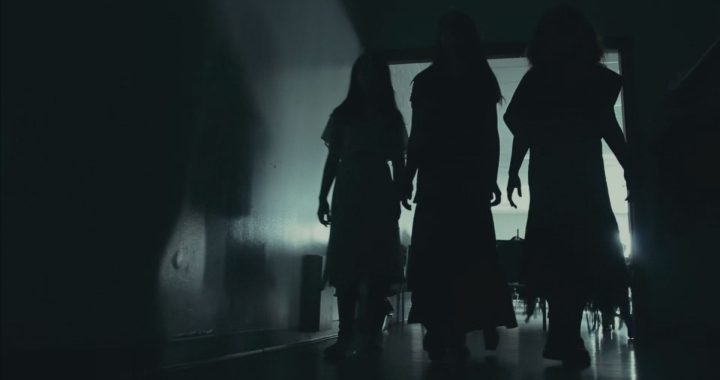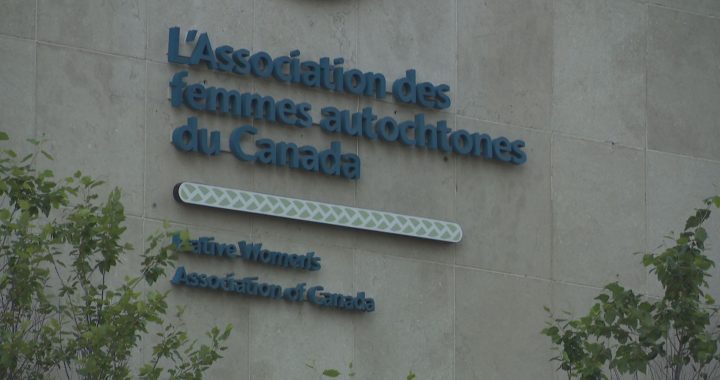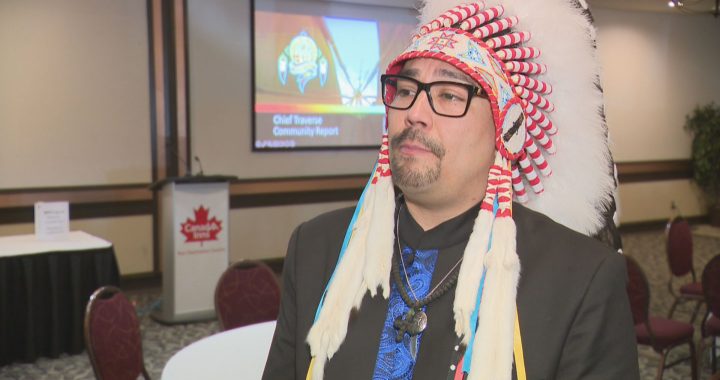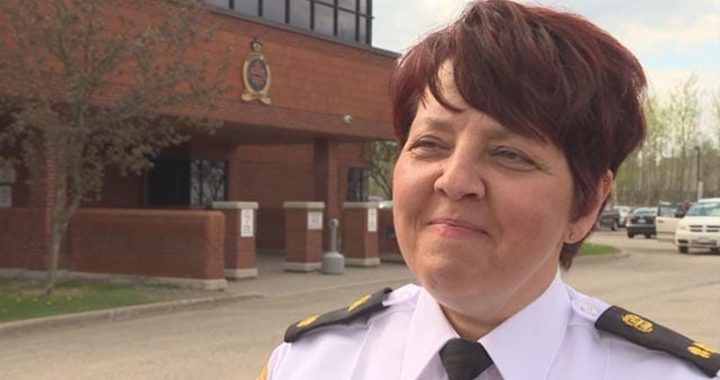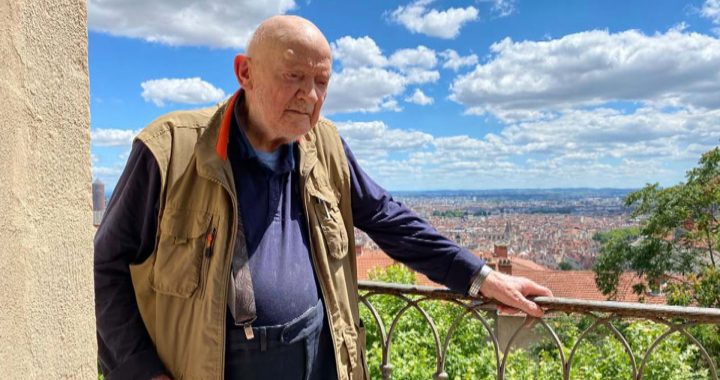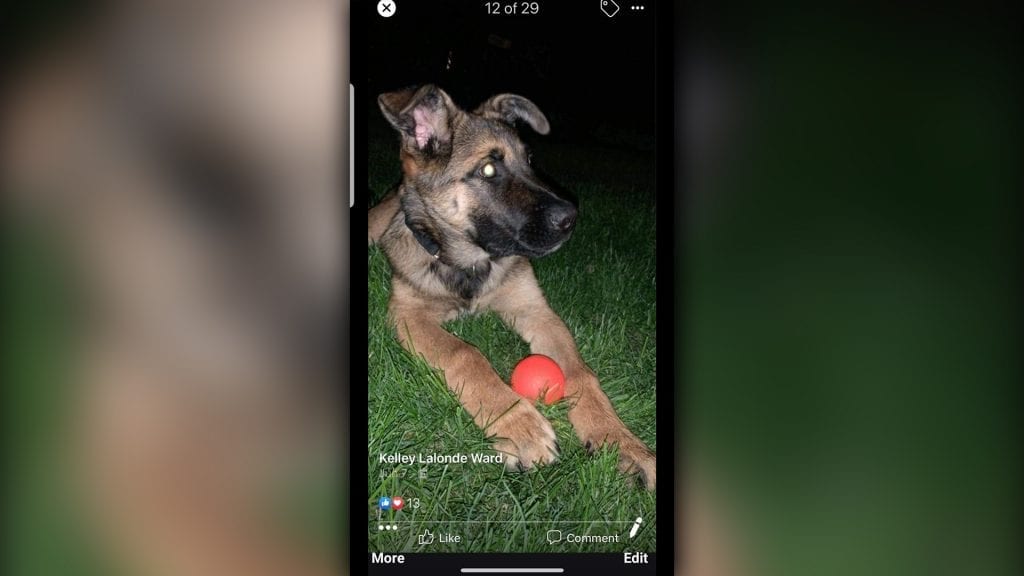
(A screenshot of missing pet Kujoe from the Facebook page of Kelley Ward. Facebook)
Manitoba’s chief veterinarian says he has no control over animal rescue groups in the province, and won’t get involved in a dispute about pet dogs missing from a First Nation.
“We regulate people’s treatment of animals,” explained Dr. Scott Zaari of the role he has under the Animal Care Act in Manitoba.
“It’s owned animals, companion animals.”
Zaari was saddened to hear about three family dogs mistakenly taken in from Pimicikamak in northern Manitoba by animal rescue groups that had not been returned.
“I hope with communication this can be worked out,” he added.
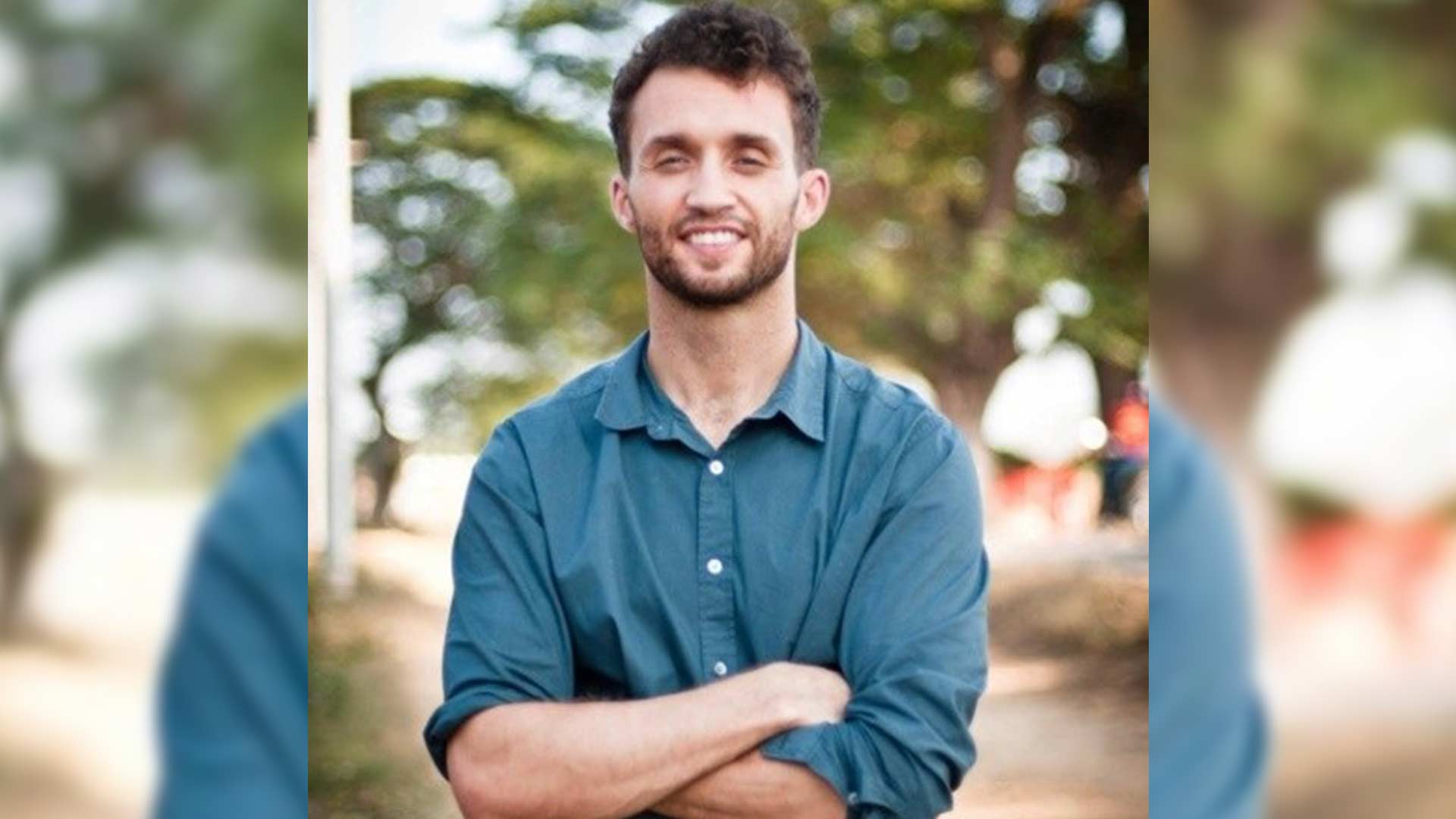
An official with the First Nation, located 770 km north of Winnipeg, said the dog rescue groups – Manitoba Animal Alliance (MAA) and Lost Boys Hope (LBH) – were notified about the mistake.
But Kujoe, Sammy and Neko remain with LBH foster families in Barrie, Ont.
Some of the affected families, which include Reyna McLeod, have filed complaints with the RCMP.
“Please give my dog back,” said Reyna, who turned 12 this week and feels a reunion would be the best birthday present.
“I miss him.”
McLeod said she was there when Kujoe was born earlier this year, and knew right away he was the pup for her.
“My cousin has his sister, Koko, and they’re playmates.”
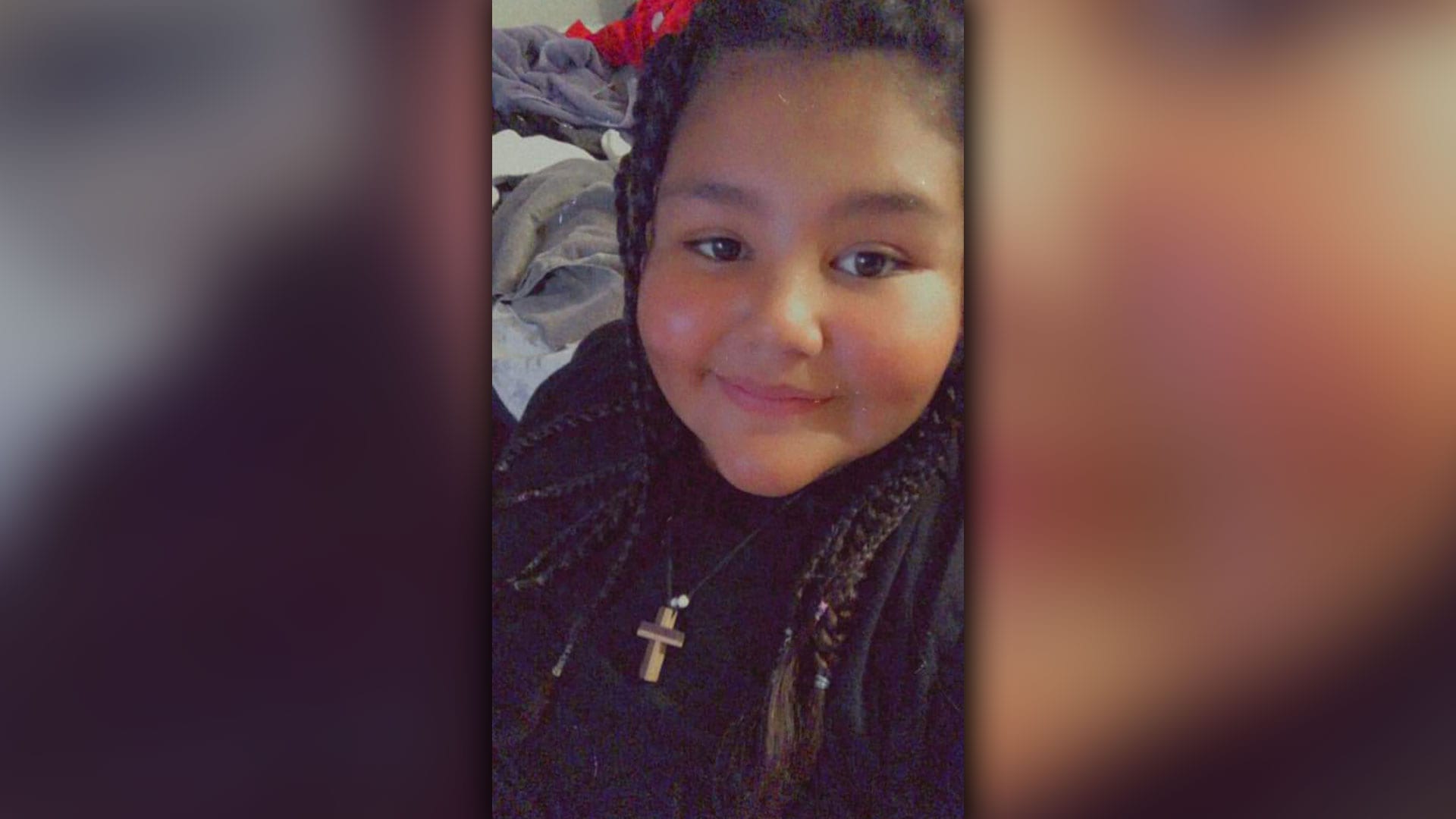
Lisa De Zoete, co-founder of another Barrie-based rescue, said her group started up to help First Nations along James Bay.
There, as in many First Nations across Canada, there is no veterinary care or facilities for sick or stray animals. Culls were held to manage over-population.
“I know for us at Finding Them Homes, we work with community members so it is not us with feet on the ground (most are fly-in communities) but putting community members and chiefs in charge of advising if a dog needs out,” she said.
“We send up food, and leashes and collars and we send updates of dogs surrendered and encourage community members to join our Facebook group so they can see updates on dogs. We have even had a few who have come down to see their dogs and reunite again.”
De Zoete said the dispute in Manitoba highlights the lack of provincial and national oversight.
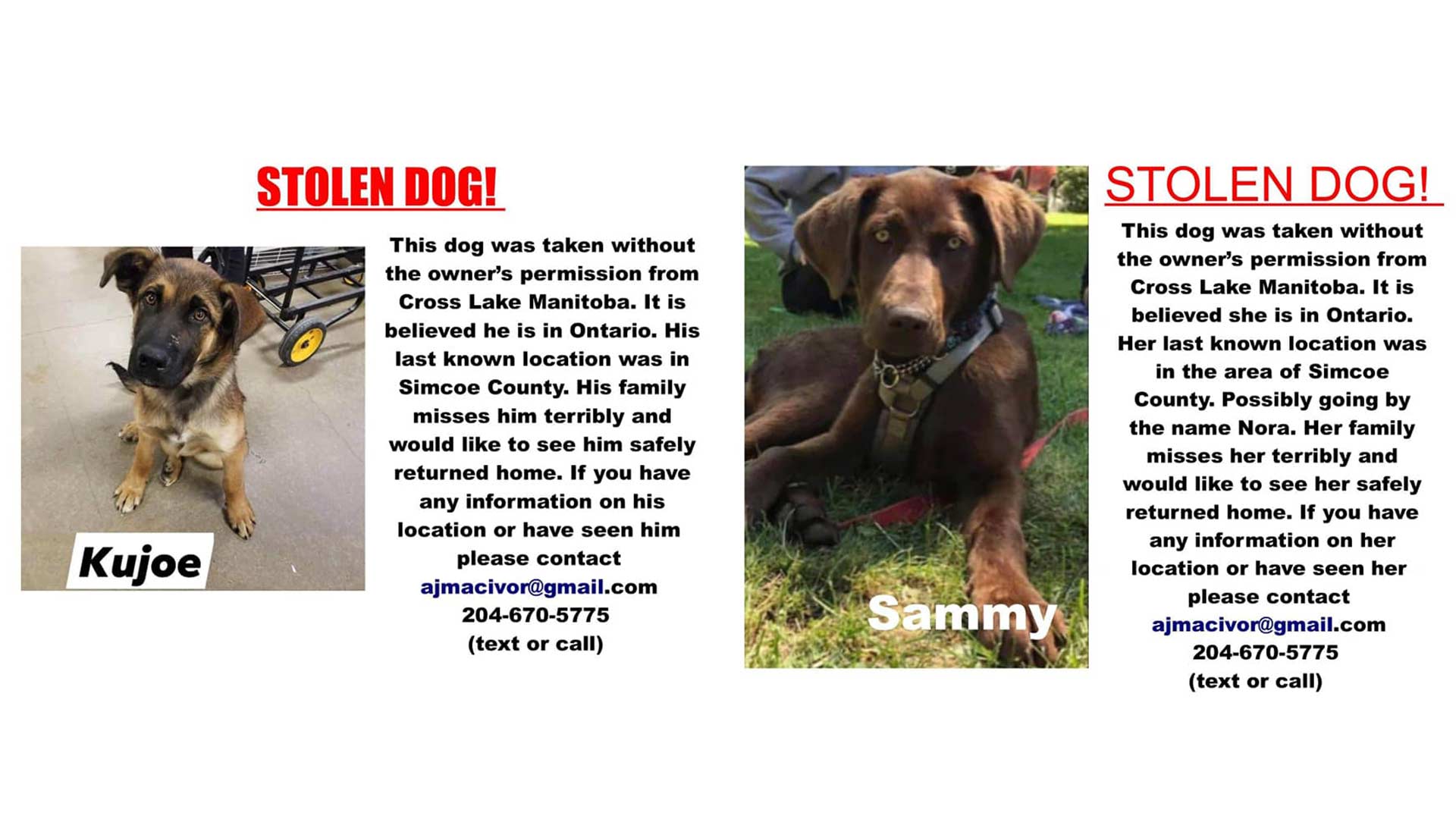
“Unfortunately no one governs rescues in Ontario so it is a free-for-all. I know some rescues have been trying to organize something but nothing has come to fruition yet,” she said.
Zaari said the Winnipeg Humane Society (WHS) was the premiere animal welfare organization in Manitoba.
Its CEO, Javier Schwersensky, said WHS believes in the principle of reconciliation with Indigenous Peoples, and that includes their animals.
“All I can tell you is that at the Winnipeg Humane Society we recognize the need to do a better job when it comes to working with Indigenous partners and we are committed to improve,” he said.
“I cannot really comment on situations around other animal welfare organizations.”
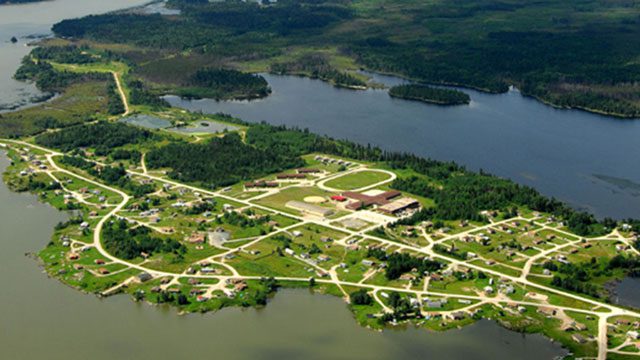
For Deon Clarke, a band councillor and dog owner in Norway House Cree Nation, the issue is one of respect.
Clarke said people in a van with Ontario licence plates were suspected of tyring to grab dogs without permission last week.
“They were escorted out of the community (460 km north of Winnipeg),” he said.
“It’s very concerning they didn’t contact me or our band office.”
Clarke, who handles the animal welfare portfolio, said “rez dogs” mostly run free in the remote community without fenced yards and are “slim and trim” as a result.
He said it’s not fair to judge their appearance or treatment from afar.
“It’s up to pet owners how they care for their animals. We have developed a protocol (when working with rescue groups) that’s in the best interest of the community.”
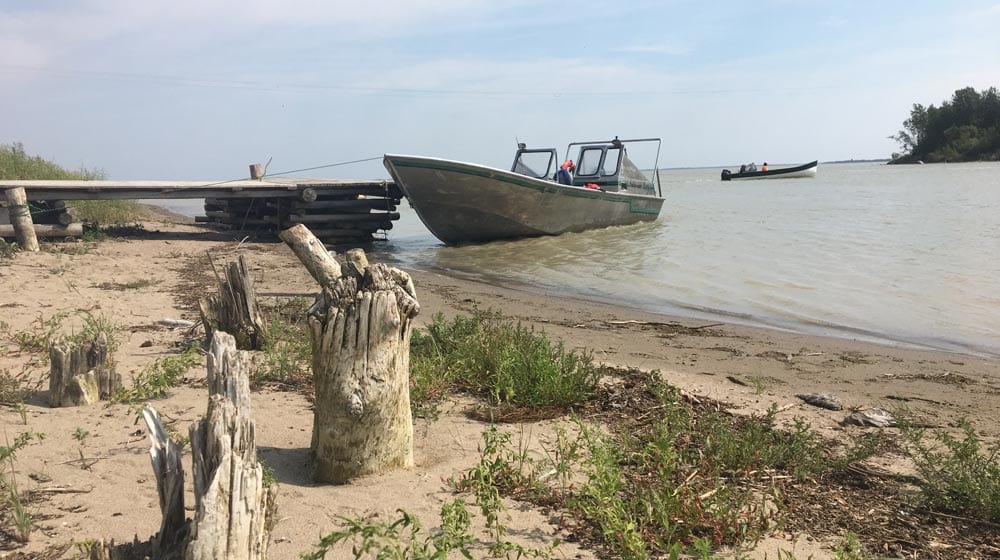
Clarke said over the years he’s observed band members transition into pet ownership and reap the benefits.
“My dog is part of my family,” he said. “You have no right to say dogs over here aren’t treated well.”
Meanwhile, Kristy Denette, a spokesperson for the Ontario government, said the dispute involving missing pets from Manitoba does not fall under provincial animal welfare guidelines.
“Local police is your best bet,” she said.
And an umbrella Indigenous organization said in a letter to LBH posted this week the dispute is causing more damage the longer it drags out.
“You were a guest in Northern Manitoba and yet your response to requests to have the two dogs returned is extremely damaging to your current and future relations with MKO First Nations,” said Grand Chief Garrison Settee of Manitoba Keewatinowi Okimakanak.
“While I am thankful for the work carried out by animal rescue organizations that provide care for stray animals, I am writing today to urge you, in the strongest possible terms, to return the two dogs that are loved and owned by citizens of the Pimicikamak Cree Nation.”

Kelley Ward, the founder and spokesperson for LBH, declined to comment on the letter and instead suggested APTN News list “all the amazing things we have done to help first nations communities in regards to their dog issues.”
When asked what those were, Ward said her group had removed “hundreds of dogs” to make communities safer, donated pet and school supplies, supplied vaccines and dewormer for in-community clinics, and sponsored spay and neuter procedures.
“We do spay and returns to these communities,” she said, although not identifying which communities.
“We time and time again take adults and puppies who are severely injured, sick and unwanted never turning down anyone,” she said.
“We have had dogs come in needing amputations, kidney worms, parvo, disease, lymes, parasites including giardia and coccidia. I have one currently that had an ectopic ureter [sic] (10,000 procedure) we never ask for anything in return.”
Ward said her team is “dedicated to not only helping the dogs but the communities …Our hearts are in the right place[;] its [sic] a shame that the events are out shining our passion.”




